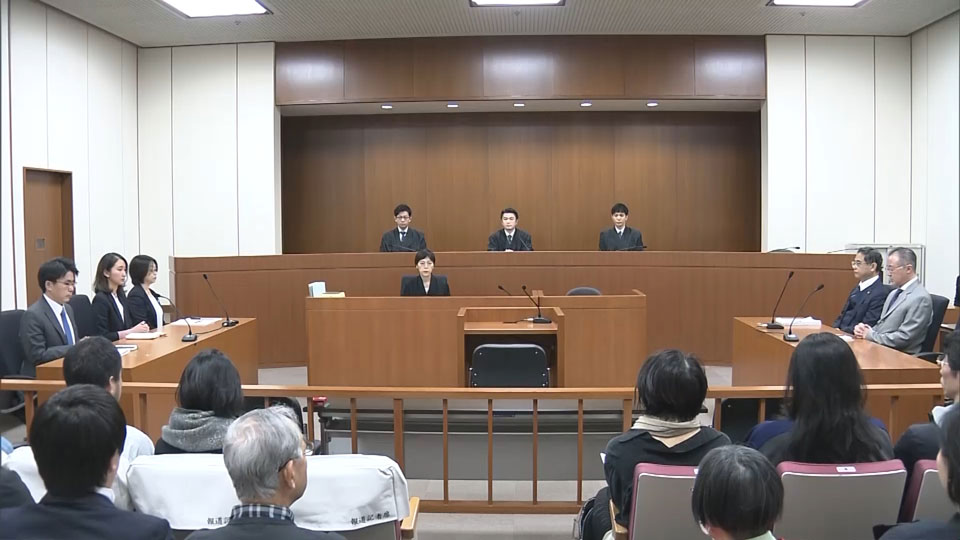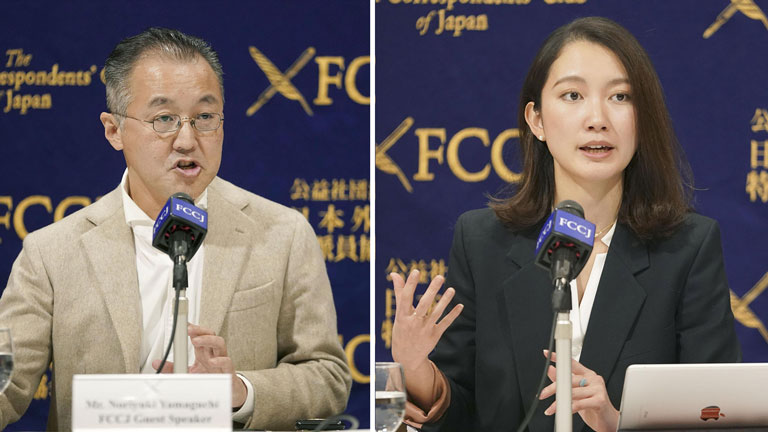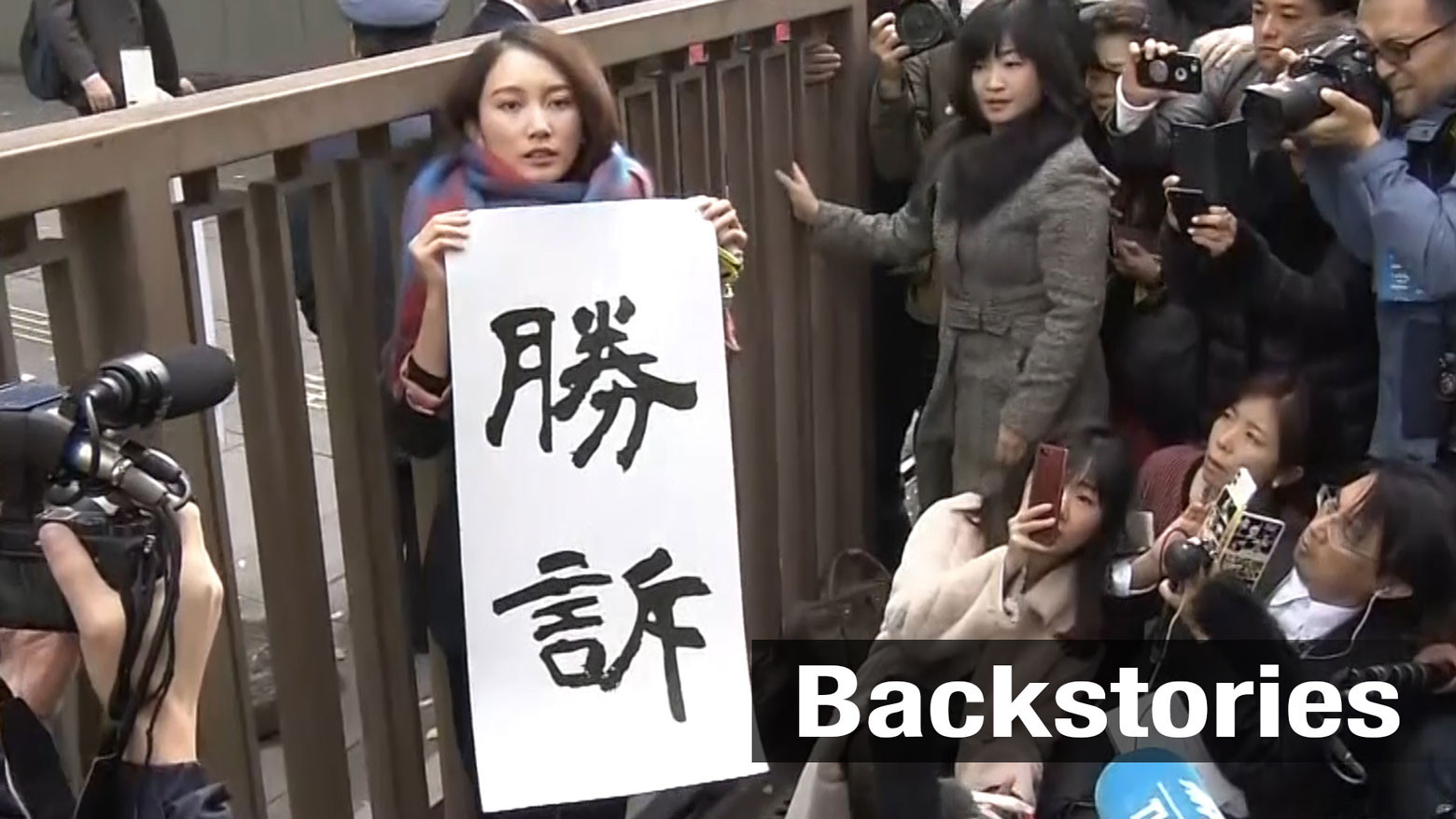What happened so far?
Ito filed a civil case against Noriyuki Yamaguchi, a former television reporter who has written books related to Prime Minister Shinzo Abe's cabinet, after prosecutors declined to pursue it in criminal court.
Ito says she went to dinner with Yamaguchi in 2015 to discuss a job opportunity, but lost consciousness after drinking, and woke up in his hotel room in intense pain, with him on top of her. Yamaguchi claims they had consensual sex.
Ito reported the incident to the police, but prosecutors said there was not enough evidence.
In a country where rape victims rarely speak up, Ito decided to make her voice heard.
In 2017, she held a press conference to give her account of what happened. The "MeToo" movement against sexual harassment and assault was growing worldwide and the case generated discussion in Japan.
Ito sued Yamaguchi in civil court, demanding roughly 100,000 dollars in compensation.
She gave news conferences and published a book with her account of what happened. Yamaguchi countersued her for roughly 1.2 million dollars, claiming she damaged his reputation and invaded his privacy.
Civil court judgment

The court ruled in favor of Ito, and threw out Yamaguchi's case.
Presiding Judge Akihiro Suzuki said Ito consulted police and her friends about the incident, which lends credibility to her assertion that the sex was not consensual.
Suzuki said Yamaguchi's statements raised serious doubts about their credibility. He said some contradicted emails Yamaguchi sent at the time, and a crucial part of one statement underwent unreasonable changes.
The judge also dismissed Yamaguchi's complaint about invasion of privacy. He said Ito was trying to change the situation for sexual crime victims, and it served the public interest.
The day after the judgment, Ito and Yamaguchi both spoke to reporters at the Foreign Correspondents' Club of Japan.

Yamaguchi to appeal to upper court
Yamaguchi faced questions about his high-level connections, and whether he spoke with any politicians or senior bureaucrats about the case. He said he didn't, and hadn't heard of anybody else doing so.
He told reporters that he plans to appeal. He argued that the judge rejected objective evidence, and claimed the ruling was biased, with contradictions and irrational presumptions.
"A landmark case for Japan"
Ito said she was surprised to get such a positive result, and described it as a landmark case for Japanese sex crime. She said that since the judge ruled there was no consent, but the case never made it to criminal court, it highlights what is wrong with the country's rape laws.
Ito also said she wants to take legal action against people who have slandered her in connection with this issue.
Research conducted by the Japanese government suggests that almost one in twenty people have been forced to have sex without consent. And sixty percent of women and forty percent of men who have had such experiences have not discussed it with anyone.
The Justice Ministry is currently conducting research into the scope of sexual assaults in Japan. Those findings are expected to influence a review of the penal code next year.

